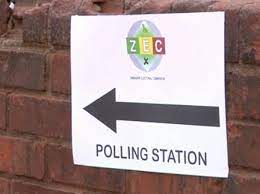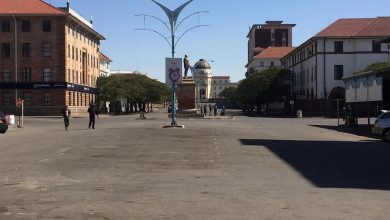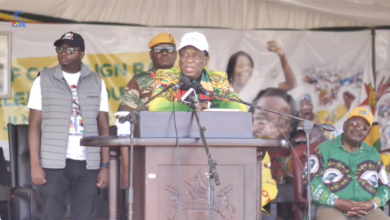PWDs face barriers in accessing electoral information

People with disabilities (PWDs), especially those with sensory challenges like deafness or blindness, have raised concerns about facing continuous barriers in accessing accurate electoral information due to limited accessibility features on various digital platforms.
This issue was raised by the Chairperson of Disability in Development and Services (DDS), Courage Chipatiso, during a meeting hosted by the Media Institute of Southern Africa (MISA) on electoral misinformation and disinformation among vulnerable groups, held in Bulawayo on Wednesday.
Chipatiso said such limited access to information violates Section 56 of the Zimbabwean Constitution, which guarantees the right of every person to be treated fairly and without discrimination.
“People with disabilities, especially those with sensory challenges (Deaf or Blind) may face barriers in accessing accurate information due to limited accessibility features on digital platforms or physical obstacles in reaching polling stations,” she said.
“Misinformation and disinformation campaigns can exacerbate this challenge by flooding unreliable information channels, making it harder for individuals with disabilities to discern the truth from falsehoods. Without accessible formats or reliable sources, they may struggle to make informed decisions during elections.”
Chipatiso said some of the other challenges they faced in the recently held elections included a lack of resources for electoral candidates with disabilities and changes in polling station venues, some of which were too far for those with mobility challenges.
“More challenges included sign language barriers for the deaf and polling officers with no sign language. There was also the issue of attitudes and perception towards electoral candidates with disabilities.”
She implored that relevant stakeholders need to put mechanisms in place which will assist electoral candidates with disabilities to have equal opportunities as those without.
Another participant, who is wheelchair-bound, explained that when she went to McKurtain polling station to cast her vote she faced challenges in accessing the polling officers.
“I faced challenges in accessing the classroom that was serving as the polling office. I had no assistance on the day so going up the stairs with my wheelchair was a serious challenge for me. They had to bring out their boxes so that I could get assistance. I hope that in the future our needs will be seriously considered ahead of election days,” she said.
Matabeleland Institute for Human Rights (MIHR) Gender and Social Justice Officer, Sibonginkosi Maphosa, whose organisation produced a review report of access to water and sanitation during the December 9 2023 by-elections, said when setting up mobile toilets at polling stations, the needs of PWDs must be considered.
“When we were doing rounds observing the electoral process, we realised that some of the polling stations had those mobile toilets set up. But there was only one toilet used by both male and female. Those type of toilets are not user-friendly for some PWDS, especially those who use wheelchairs. Can these issues be looked into in the future,” Maphosa said.






